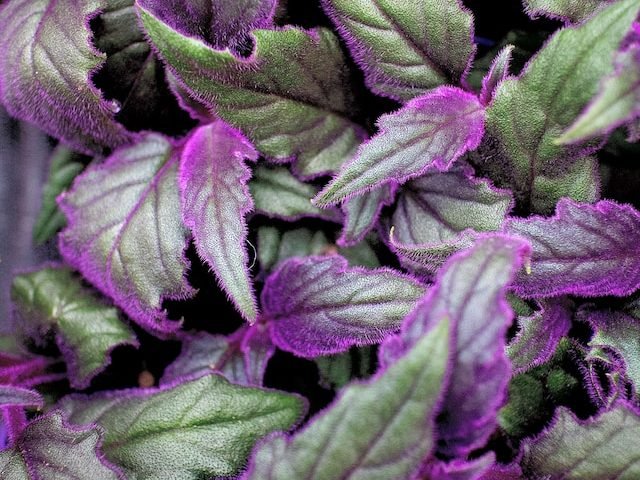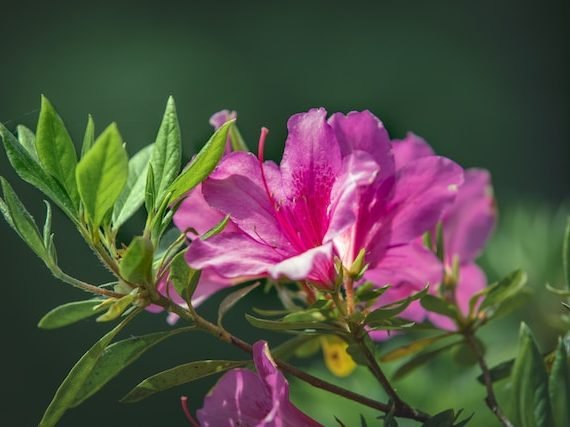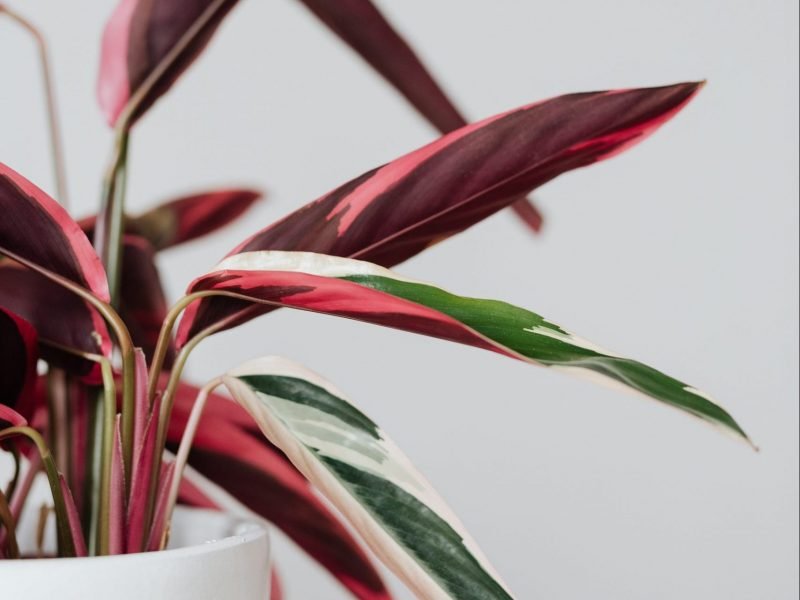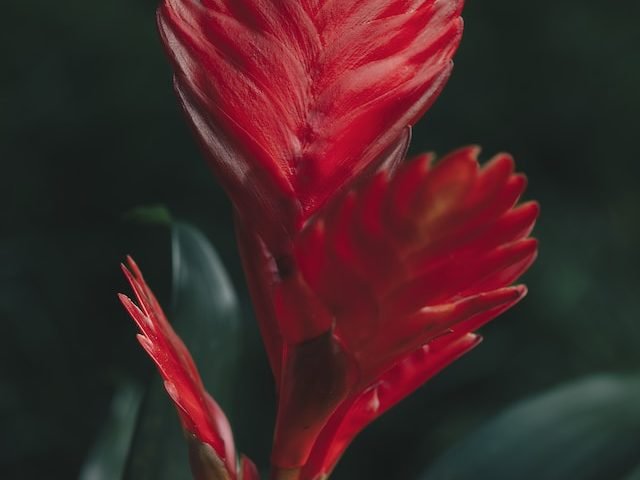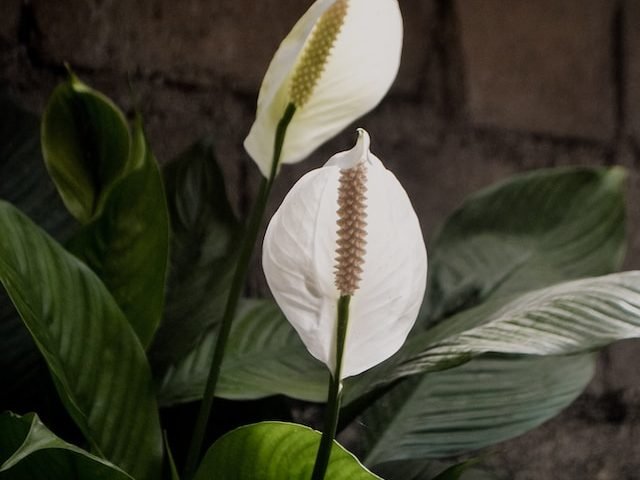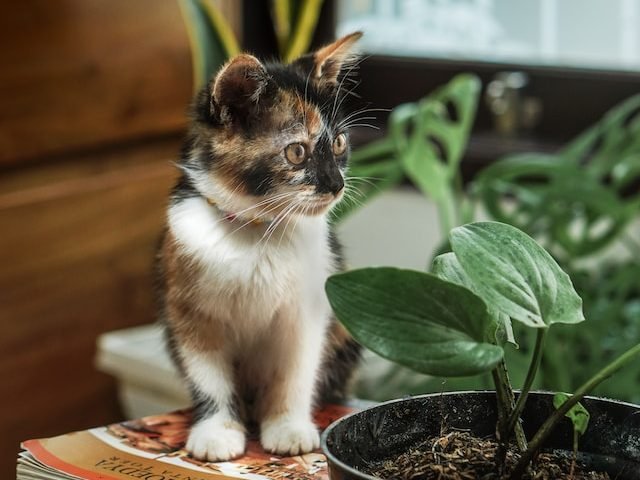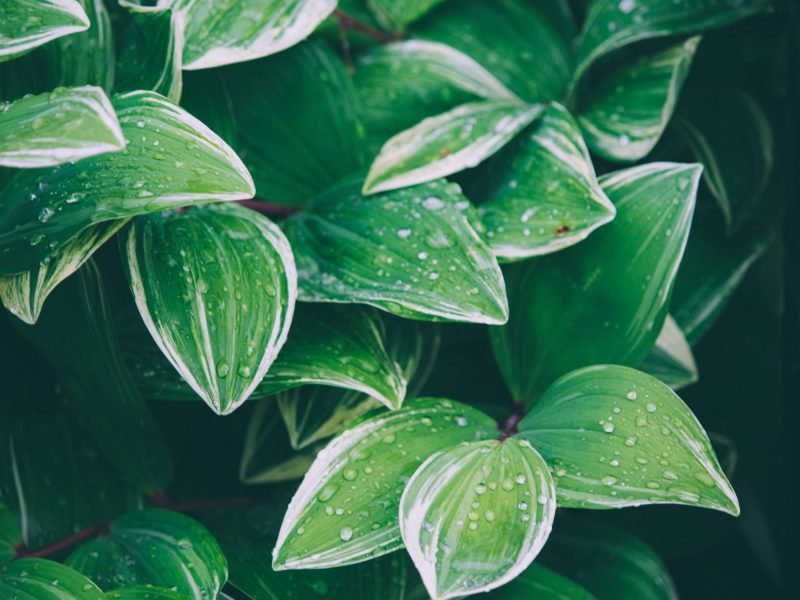
Basic Boston Fern Care
Caring for a Boston Fern isn’t tricky, but it is important you know their specific requirements. Their luscious green leaves are worth the effort. Below you will find all the information you need to look after your Boston Fern.
| Light |
Bright Indirect LightI love the sunshine but too much direct light will damage my leaves. |
| Water |
Water FrequentlyI like my soil to be moist so make sure to water me often. |
| Humidity |
Medium HumidityPlease make sure the air isn’t too dry, otherwise I won’t be a happy plant. |
| Soil |
Potting SoilI need soil specifically for indoor plants as it retains the right amount of water. |
Boston Ferns like bright, indirect light
Boston Ferns can deal with very bright spots but be careful not to expose your fern to too much direct sunlight as their leaves are quite delicate.
Boston Ferns thrive in damp soil
Dry soil is one of the main reasons why Boston ferns do not survive. It is very important to give your boston fern a little more humidity in the cold months as if you have the heating on, they can get very dry very quickly. To increase the humidity try misting your fern every few days.
Boston Ferns prefer cooler temperatures
Boston ferns prefer a slightly cooler environment and will struggle with temperatures above 24C. Try to keep fresh air flowing through the room to prevent heat from building up.
Hold off the fertiliser
Boston ferns don’t really need to be fertilised often. A few times a year or so will do as overfertilisation can harm your plant.
Propagate your Boston Fern using division
Boston Ferns are very easy to propagate as you can divide the plant into several smaller plants which will each flourish and continue to grow.
Make sure to mist your Boston Fern
Boston Ferns love humidity so it’s important that you mist their leaves every so often. This also removes any dust from the plant.
Boston Ferns love moisture
You can increase the humidity around your boston fern by 70% by placing it on top of a tray of pebbles and water. Make sure to keep the water level below the plant so your fern isn’t sitting in stagnant water.
Boston Ferns are safe for pets
One of the great things about Boston Ferns is that they are non-toxic to pets. So you don’t need to worry about having these in your home if you have dogs or cats.

Boston Fern FAQs
Quick and simple answers to the most common questions we see about the Boston Fern .
Is the Boston Fern easy to care for?
Boston Ferns have a bit of a reputation for being easy to care for but it’s important to note that they actually can be a little fussy and can crisp up very quickly if the temperature, light or watering routine isn’t right.
How often should I water my Boston Fern?
Boston Ferns love damp soil so it’s important you water them frequently. During summer, you want to be watering about twice a week and then cutting back during winter as the soil takes longer to dry out in cooler temperatures. Monitor the soil moisture and adjust as necessary.
Is my Boston Fern toxic?
You’ll be pleased to know that the Boston Fern is non-toxic and safe for pets and humans.
Can a Boston Fern tolerate full sun?
Boston Ferns have thin delicate leaves so if they are exposed to a lot of direct sunlight it can very quickly dry out and scorch your plant. You want to find somewhere with a lot of bright but indirect light.
Are Boston Ferns air-purifying?
Boston Ferns have been found to be one of the best air-purifying houseplants. This means that they remove toxins and air pollutants from your home. Just another reason to fall in love with them!

Common Problems with your Boston Fern
Here are some common issues that you might run into. It’s important to diagnose any issues early to give your plant the best chance of bouncing back.
Why are my Boston Fern’s leaves slightly brown?
If the lowest, oldest leaves on your Boston Fern are starting to turn brown, don’t be alarmed. This is a natural process of ageing.
There are white flakes on the soil
If paired with brown or yellow leaves, this can often mean you have over-fertilised your Boston Fern. Try replacing the soil and staying off the fertiliser for a while.
Why are my Boston Fern’s leaves becoming crispy?
If you feel your Boston Fern is often very dry even though you are watering often, try to relocate it. Make sure to keep it away from heating or air conditioning vents as this will harm your fern.
Why are my Boston Fern’s leaves discolouring?
This is known as greying meaning your Boston Fern has spent too long in a dry environment. Make sure you are watering and misting your fern well.
Why are my Boston Fern’s leaves turning white?
This is another symptom of overwatering and is a sign that the roots have dried out. This can be quite harmful to your Boston Fern so make sure to give them plenty of water so they can regain their colour.
There are small holes in the leaves of my Boston Fern
This can sometimes be caused by spider mites or mealybugs. Try to spray with natural remedies rather than harsh pesticides as these can damage your fern’s delicate leaves.





